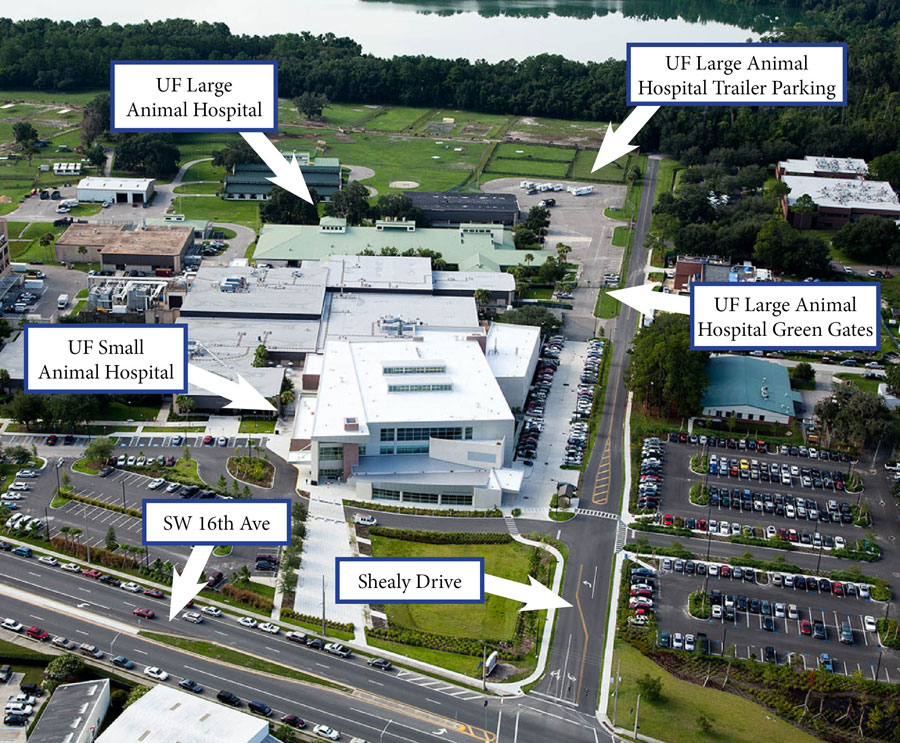Dogs and cats bring joy to our homes, and caring for their needs is essential. Pet health labs are essential tools in preventing diseases for our four-legged friends.
In this discussion, we’ll explore how diagnostic testing supports pet health and review key diagnostic services.
How Do Veterinary Laboratories Work?
Diagnostic labs for pets provide health assessments for evaluating pet health. They help veterinarians to make accurate diagnoses.

Steps in veterinary testing usually includes:
- Obtaining specimens: Blood, urine, or feces are prepared for analysis.
- Advanced diagnostics: Experts using equipment conduct the tests.
- Diagnostic reports: Information helps manage health for better care.
Common Veterinary Tests for Dogs and Cats
Pets benefit from a range of diagnostic services to manage chronic problems. Routine diagnostics include:
- Hematology panels: Provide an overall health picture.
- Bladder and kidney checks: Evaluate kidney function.
- Gut health screenings: Spot signs of infections.
- Skin health exams: Support long-term comfort.
- Advanced imaging tests: Spot fractures or injuries.
How Testing Supports Pet Health
Frequent health checks is key to keeping pets healthy. With advanced testing capabilities, you can prevent serious conditions.

The advantages include:
- Longer, healthier lives: Health problems are minimized.
- Preventative care advantages: Prevention saves money in the long run.
- Peace of mind: Stay ahead of potential issues.
laboratorio veterinario popular
Why Testing Matters for Dogs and Cats
Pet health labs are vital for protecting the health of dogs and cats. Through proactive diagnostics, you catch issues early.
Talk to your vet about testing today and support their wellness every step of the way!